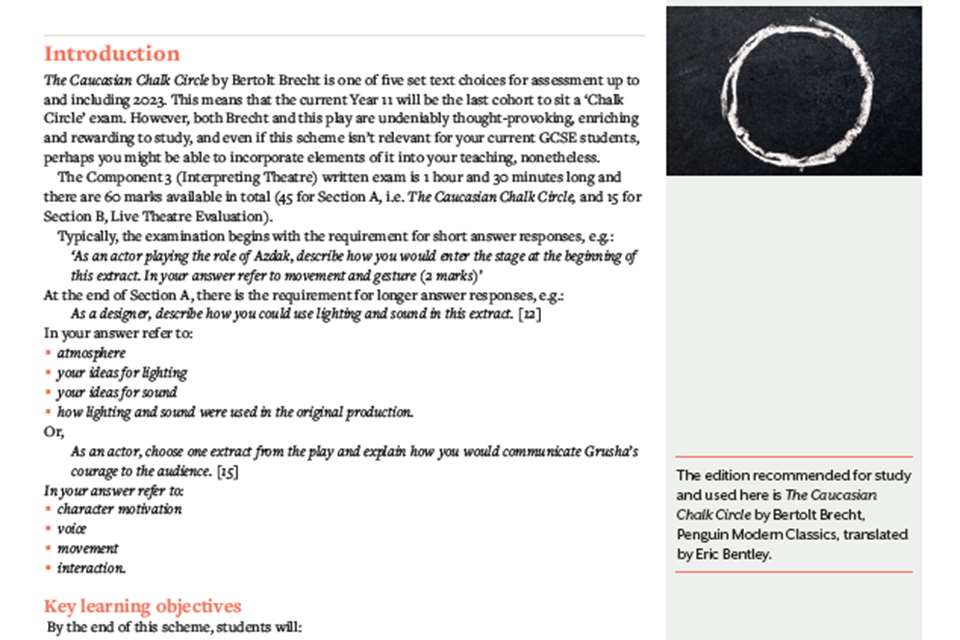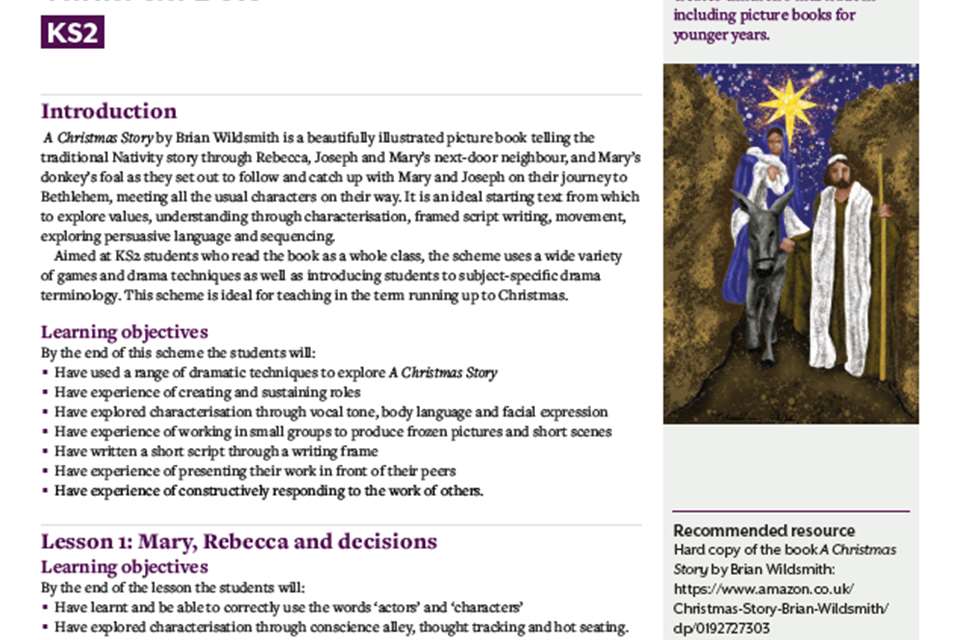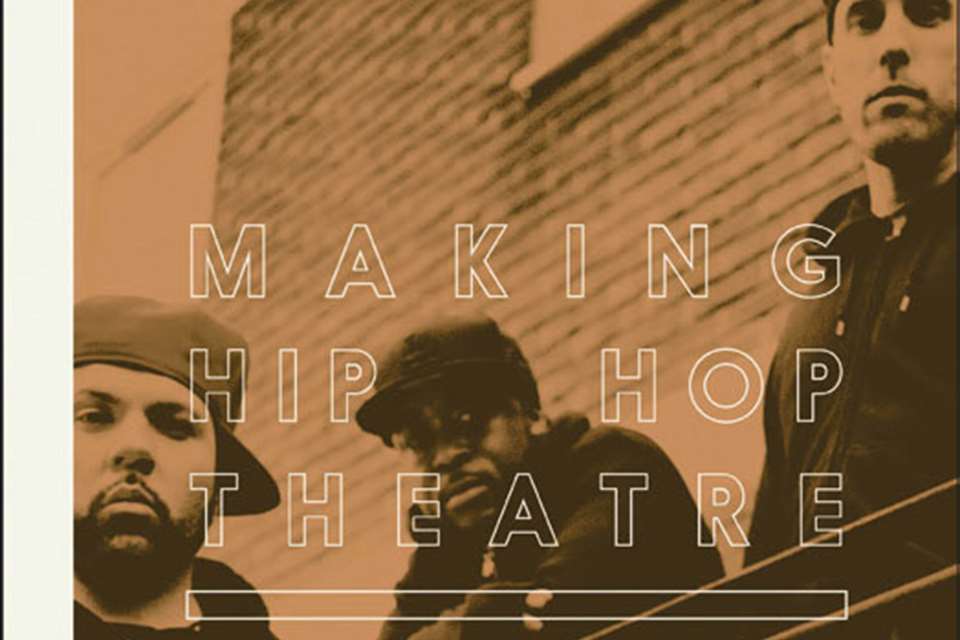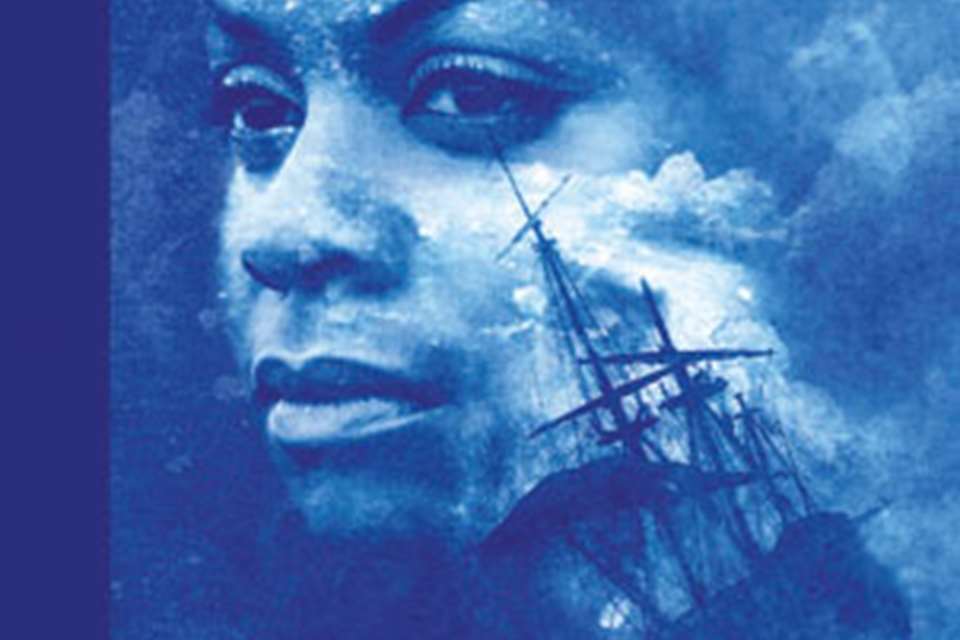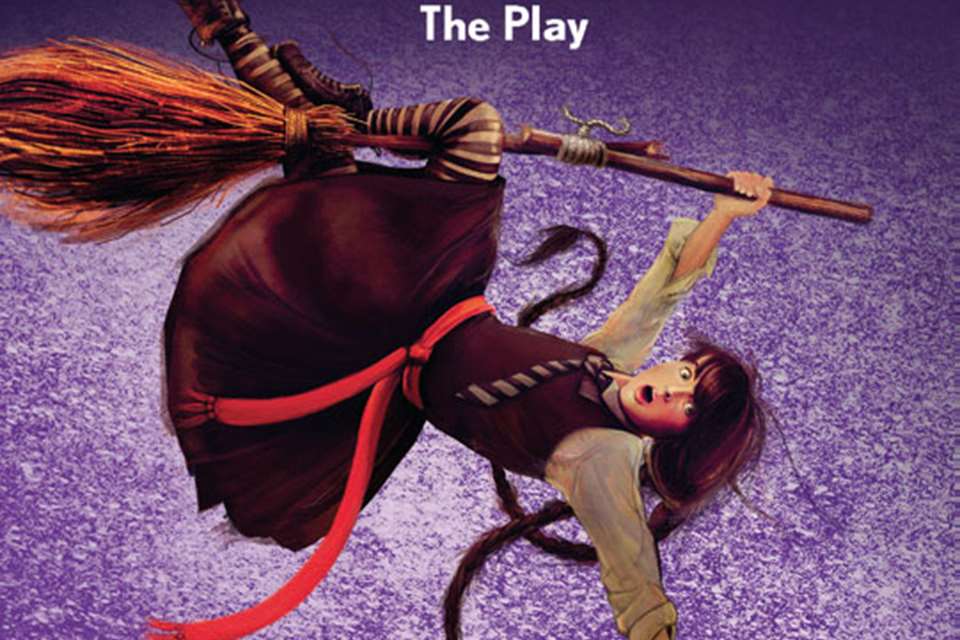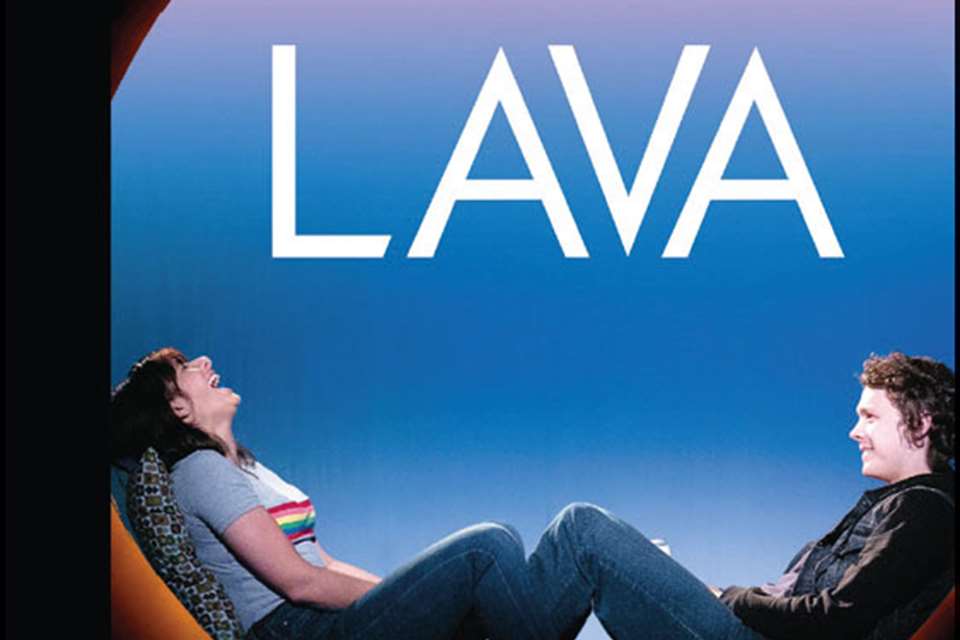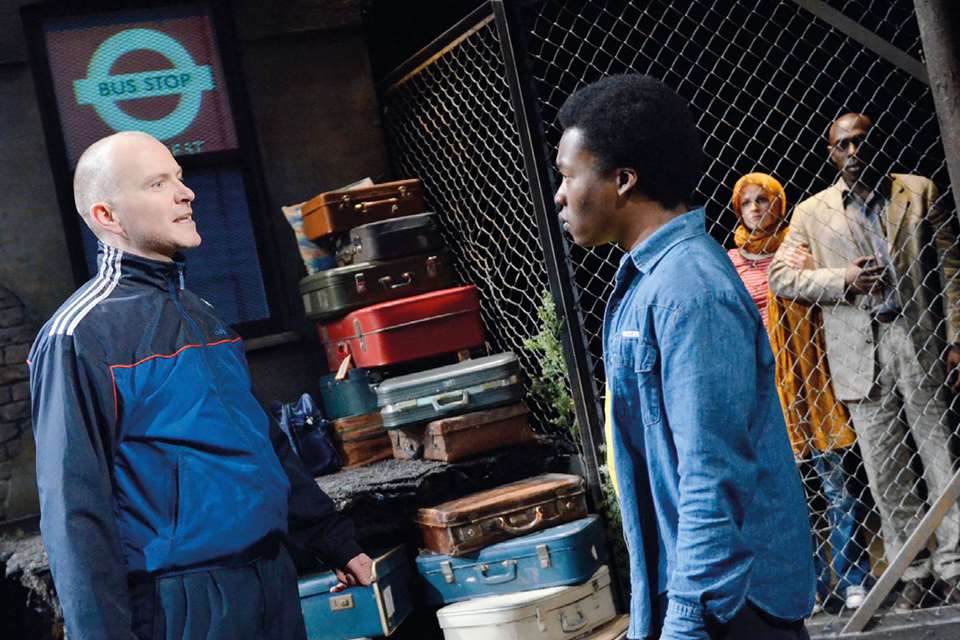Review: The P Word by Waleed Akhtar
Matthew Nichols
Thursday, December 1, 2022
'A welcome addition to the repertoire for teachers of mature GCSE and A Level students', says Matthew Nichols.
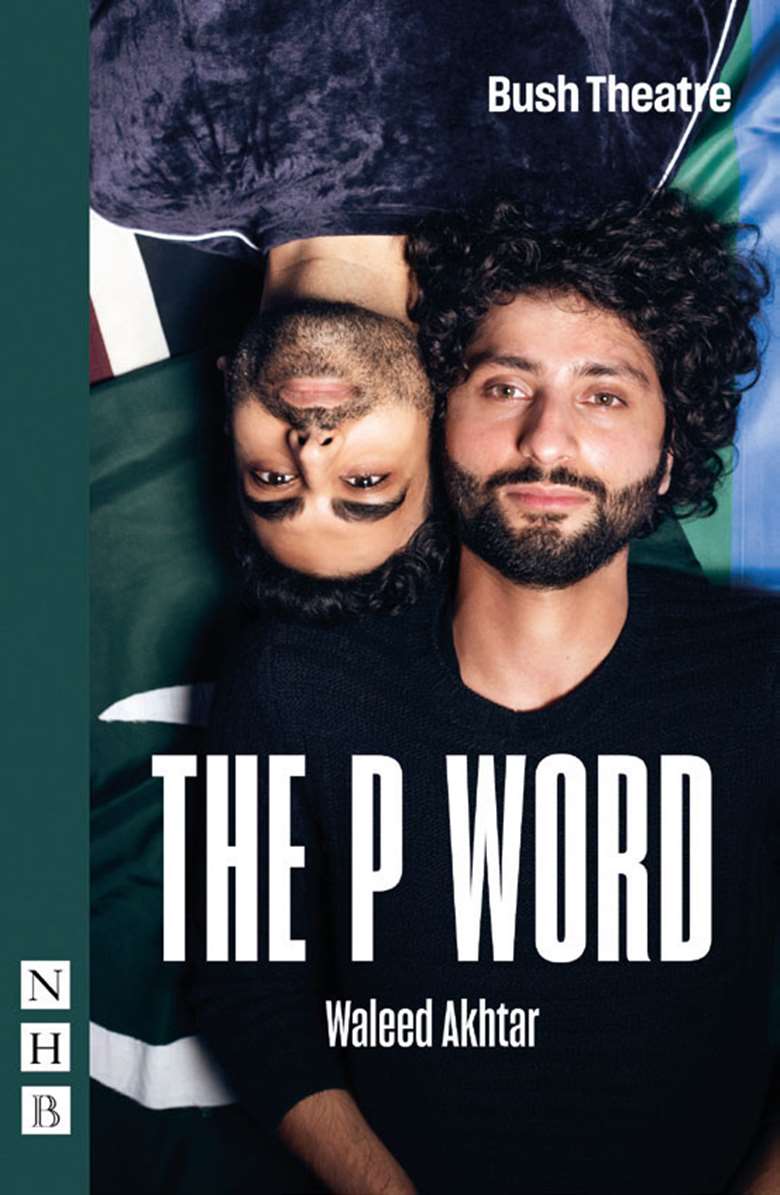
Well, this is an unexpected and very pleasant surprise. A piece of new writing (premiered at the Bush Theatre in September 2022) which manages to capture the personal and the political while also feeling utterly contemporary. Waleed Akhtar's moving and funny play manages to ask a lot of questions. Overloaded with heart, feeling and visceral energy, it also manages to answer many of the questions it asks.
Billy (a name that he's anglicised from Bilal) is a gay British Pakistani. Ostracised from his family who would rather he kept his sexuality private, he has moved on from the taunts in the school playground. Reinventing himself as a fashionista gym bunny, he will only sleep with white men he meets on hookup apps. Zafar is a character presented in stark contrast to Billy, with a profoundly different life. Having fled Pakistan where his (male) partner was murdered, he is stuck in West London seeking asylum. When Billy and Zafar meet by chance at Pride an unexpected friendship develops.
The writing is sharp and often very funny. It needs to be as these characters are the sole occupants of the stage; their friendship winningly develops into a will-they-won't-they romance between two gay British Pakistani men navigating their worlds. Although they live in the same country, their lived experiences couldn't be more different. ‘I'm not in your Britain, I'm in another Britain,’ Zafar says at one point.
If we are more convinced by the bulk of the action than by the ending, it's only because Akhtar's writing is so good that the final moments feel extraneous and unearned. It certainly has an overtly political finale, but the play makes the case for the personal via the political that it feels a little too obvious.
Still, there's much to be enjoyed here and the play would be a welcome addition to the repertoire for teachers of mature GCSE and A Level students. It's a duologue – a fantastic one at that – and places an under-represented and little-heard perspective centre stage. The cold hard realities of the asylum system (how Zafar is forced to ‘prove’ his homosexuality, for instance) sit alongside good jokes and two characters that you can't help rooting for.



